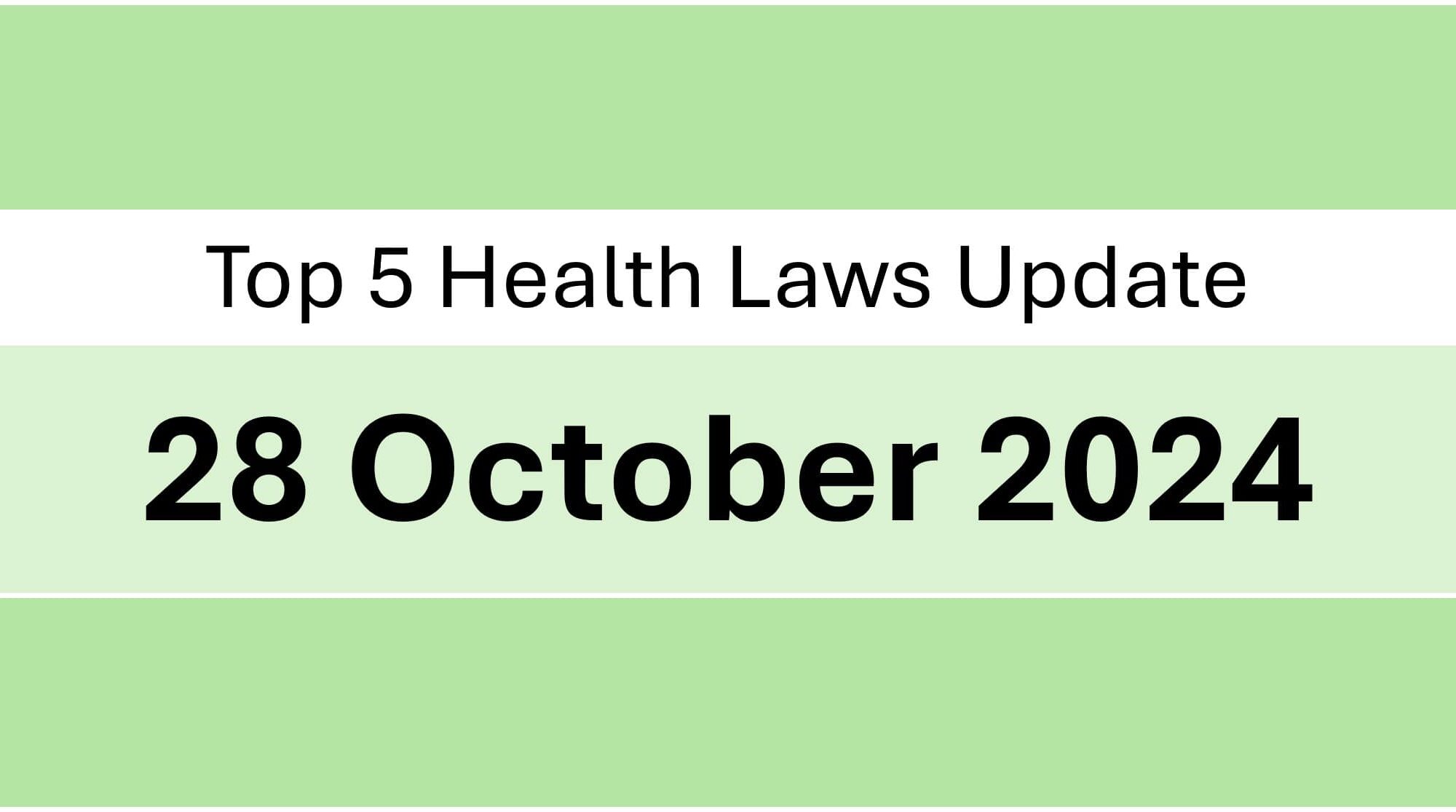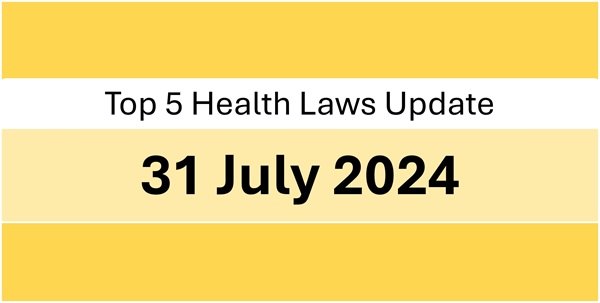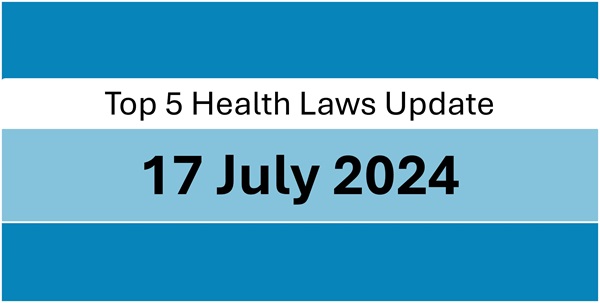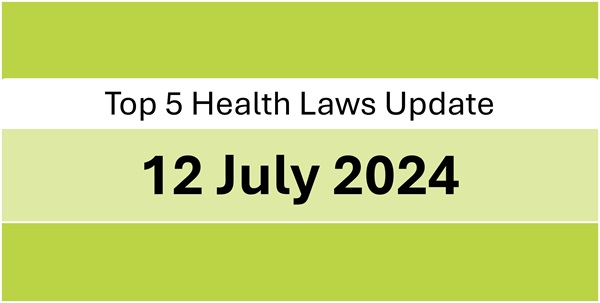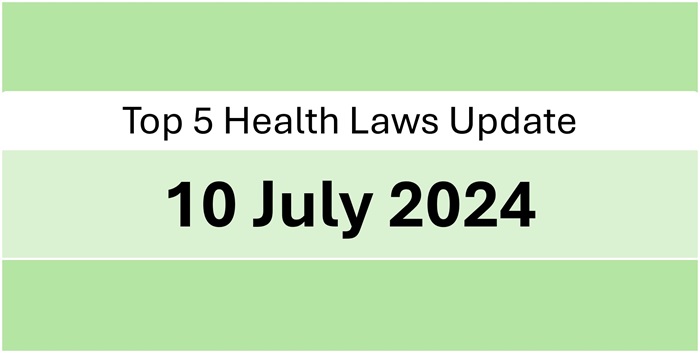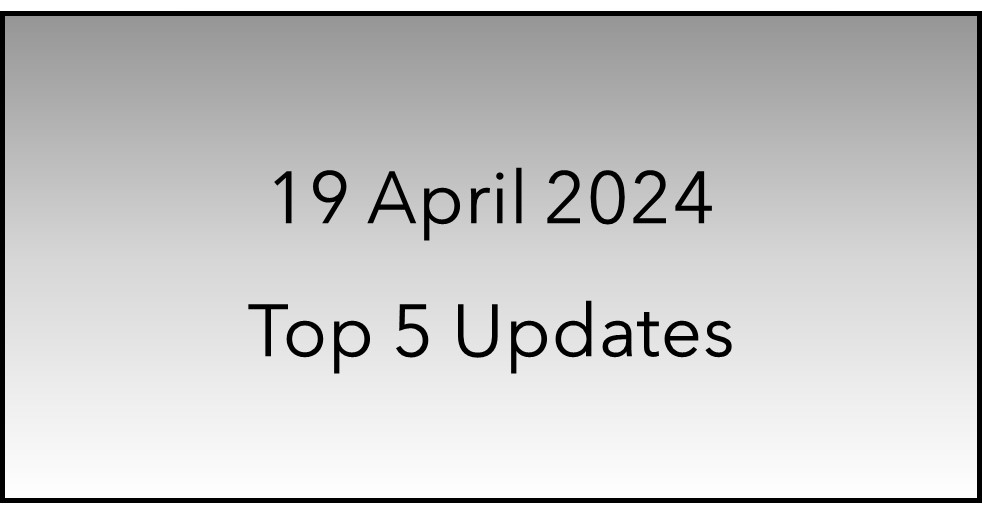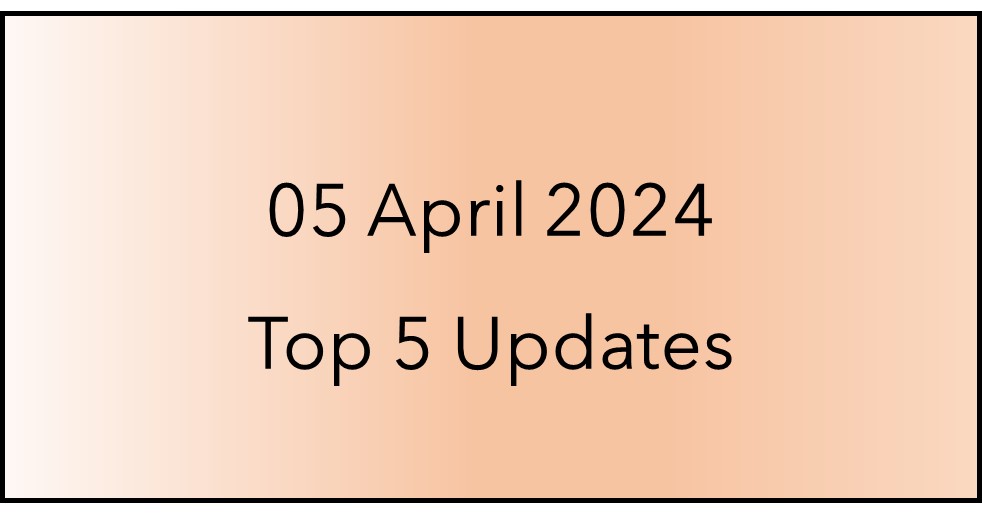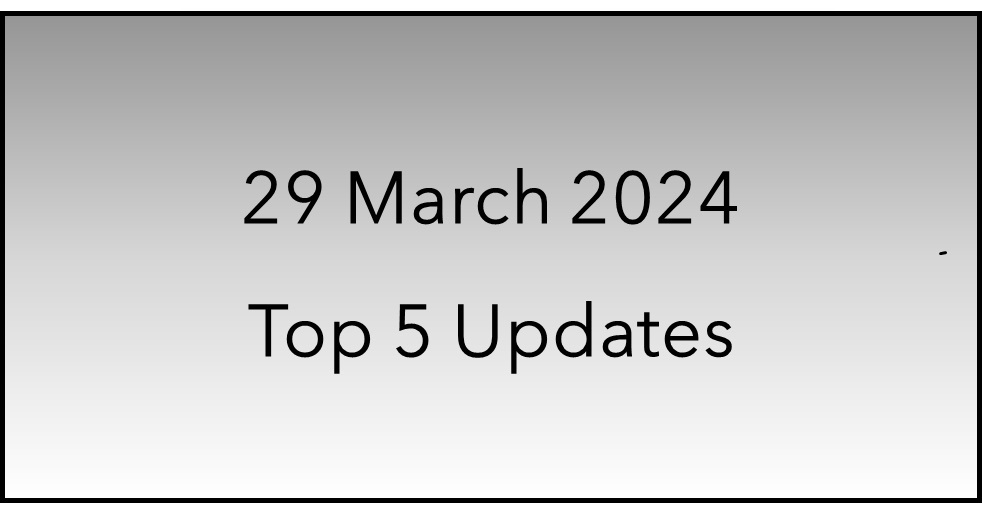Dear Readers, we are happy to share the most interesting legal and policy updates concerning health industry that we read today. We hope you enjoy reading it.
1. India’s Supreme Court has ruled that a medical practitioner can only be held accountable for medical negligence if he lacks the necessary training or expertise or if he fails to use his reasonable skill in providing treatment, not because his treatment was unsuccessful.
Source: bit.ly/4e2eEzN
2. The Food and Drug Administration (FDA), Pune division has seized stock worth ₹1 crore due to misleading claims in two separate incidents. This includes ₹78 lakh worth of toothpaste with anti-inflammatory claims and ₹22 lakh worth of cosmetics with suspicious labels. In both cases, the FDA has alleged a violation of the Drugs and Magic Remedies (Objectionable Advertisements) Act, 1954, and the samples have been sent for laboratory analysis.
Source: bit.ly/40hcyJa
3. India’s central drug regulator (CDSCO) has identified a list of 18 drugs declared as Not of Standard Quality (NSQ). The action has come after several states and union territories failed to report NSQ data, prompting the CDSCO to emphasize the need for timely submissions to enhance drug safety oversight.
Source: bit.ly/48njBSE
4. India’s central drug regulator (CDSCO) has identified four drug samples as spurious after drug inspectors in several states inspected them in September. Since the seized batch was not manufactured by the relevant pharmaceutical businesses, the manufacturer reported it as counterfeit. Drug samples are collected from sales and distribution locations as part of ongoing regulatory monitoring, and examined, and a list of spurious drugs is posted on the CDSCO portal once a month.
Source: bit.ly/3YqYqdE
5. To enhance guidelines and standards for the use of disinfectants and antiseptics in healthcare settings, the Indian Pharmacopoeia Commission (IPC) has released a draft of the new general chapter on disinfectants and antiseptics (Version 3.0) for public comments. The last date to submit comments is 8th December 2024.
Source: bit.ly/3YmXtmL

